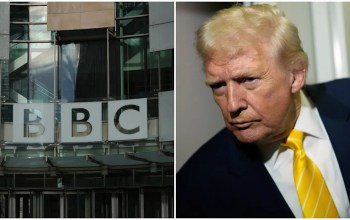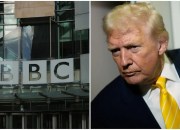President Donald Trump’s recent decision to impose steep tariffs on steel, aluminum, and car imports has triggered a wave of criticism from key U.S. allies, many of whom see the move as a breach of trust and a threat to global trade.
The European Union responded swiftly, labeling the tariffs as “unjustified” and harmful to both consumers and businesses. EU Commission President Ursula von der Leyen warned that while the EU remains open to dialogue, it will enforce retaliatory tariffs on a range of U.S. goods starting April 1, including steel, aluminum, food products, and consumer appliances.
Canada, one of the U.S.’s closest trade partners, also denounced the tariffs. Prime Minister Mark Carney called them “deeply disappointing,” and his government imposed counter-tariffs worth over $20 billion on American imports. “This is not the act of a friend,” Carney said, emphasizing that Canada had no choice but to respond.
The United Kingdom expressed concerns about the impact on its auto industry, particularly the BMW Mini plant in Oxford. Prime Minister Keir Starmer acknowledged the downsides of globalization and promised supply-side reforms to shield affected sectors.
The global economic reaction was immediate. U.S. stock markets dropped sharply, and China retaliated with a 34% tariff on all American goods, criticizing Trump’s policy as destabilizing to the global economy.
As tensions escalate, America’s allies are uniting in opposition, warning that protectionist policies risk damaging decades of international cooperation and economic progress.












